
‘The common basis of the EU and Hungarian Strategies is that the future of science is not only a technological but also a value-based issue. AI is the new language of science, but it will only serve progress if it remains ethical, transparent, and human-centred.’

‘Politico claims herds of antelopes and zebras are hidden away in the back garden of his countryside residence.’
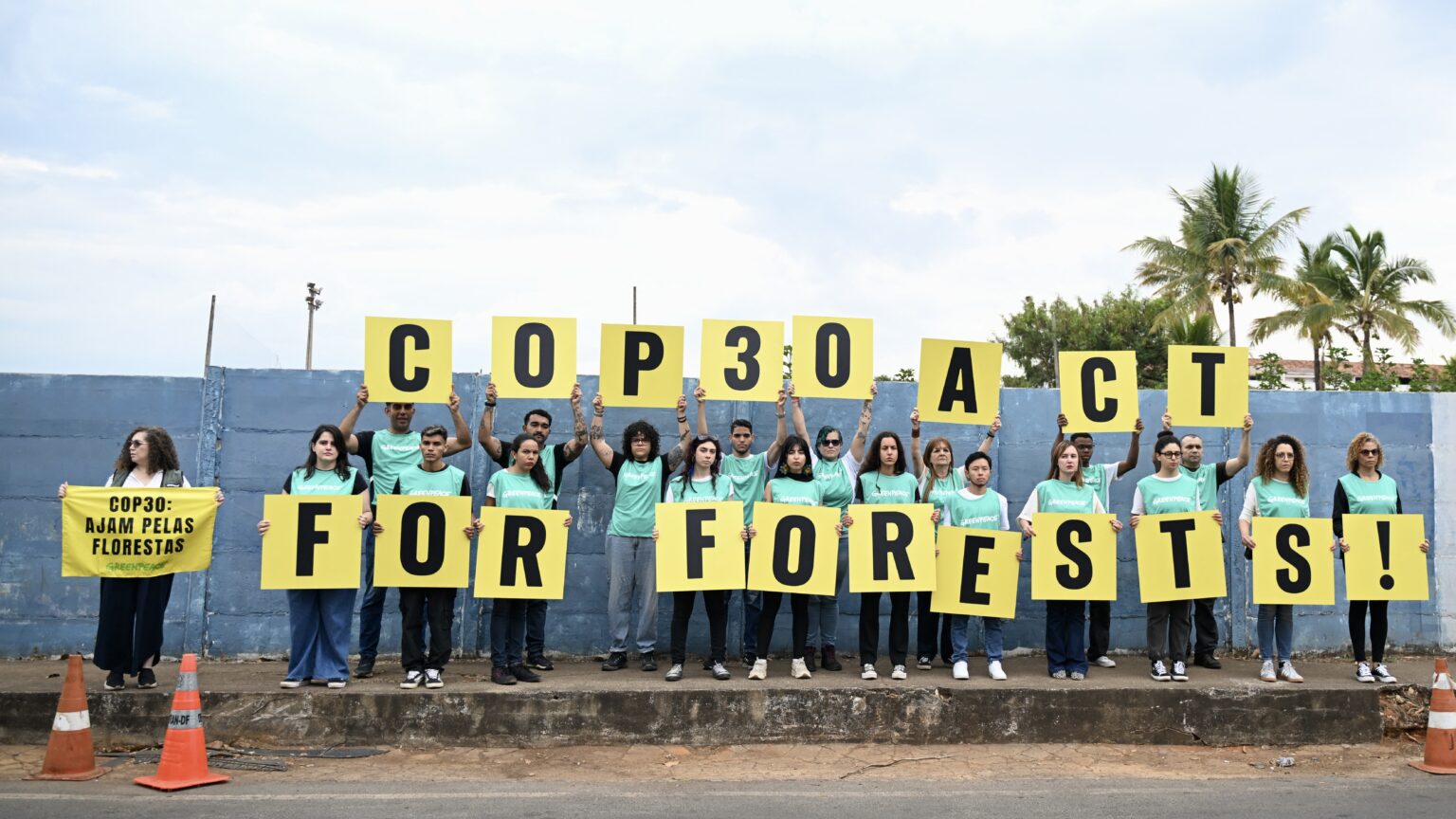
As Brazil prepares to host COP30 in Belém, expectations are high for advancing the Paris Agreement’s goals. Key debates will centre on climate finance, carbon markets, and the role of biodiversity in climate action, with Brazil seeking to highlight tropical forest preservation and sustainable agriculture.

Ferencváros edged Red Bull Salzburg 3–2 in a dramatic Europa League win on the anniversary of Hungary’s 1956 Revolution. Barnabás Varga, Kristoffer Zachariassen, and Bamidele Yusuf scored as Fradi held firm despite Salzburg’s late fightback to stay unbeaten in the league phase. Some controversy led up to the game: Austrian authorities did not let the Fradi fans’ charter train through at the border for unclear reasons.
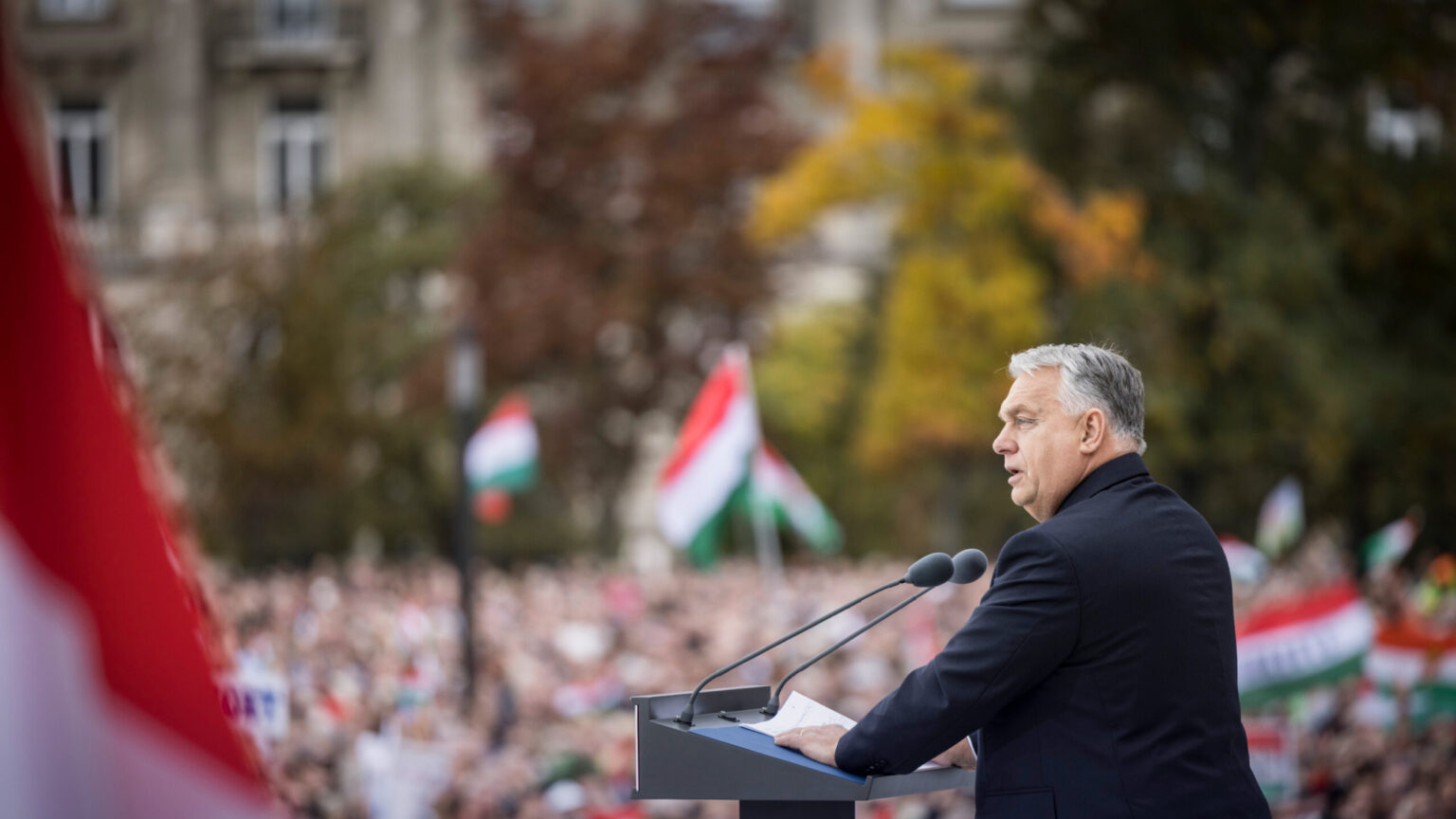
Hungarian Prime Minister Viktor Orbán marked the 1956 Revolution anniversary with a defiant speech in Budapest, vowing that Hungary ‘will not die for Ukraine, but will live for Hungary.’ Addressing tens of thousands, he accused Brussels of ‘dragging Europe into war’ and declared that ‘Budapest will be the capital of European peace.’
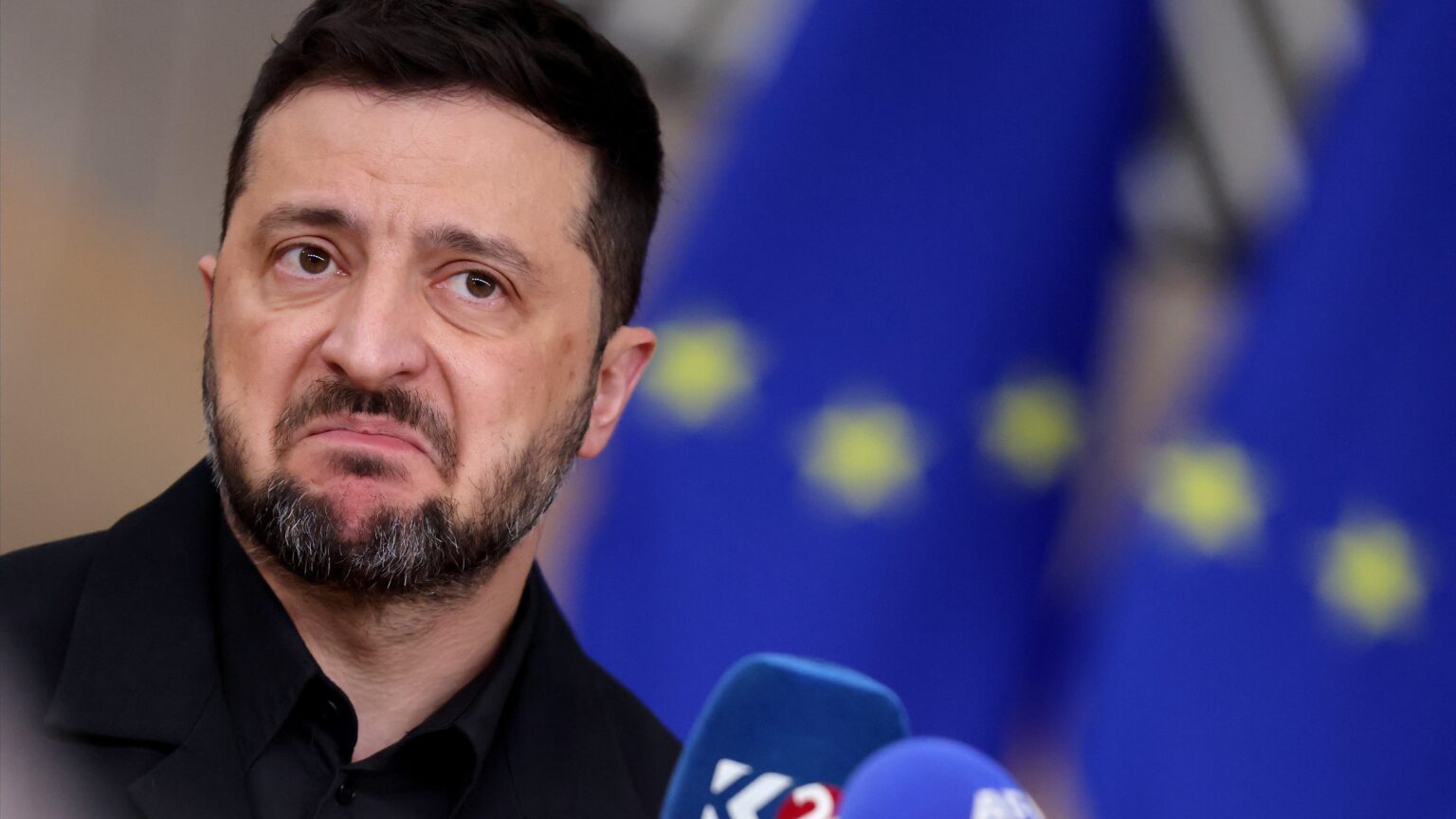
A ceasefire in Ukraine is possible only through intensified pressure on Russia, President Volodymyr Zelenskyy said at the EU summit in Brussels, calling for tougher sanctions, advanced air defense systems, and continued financial aid.
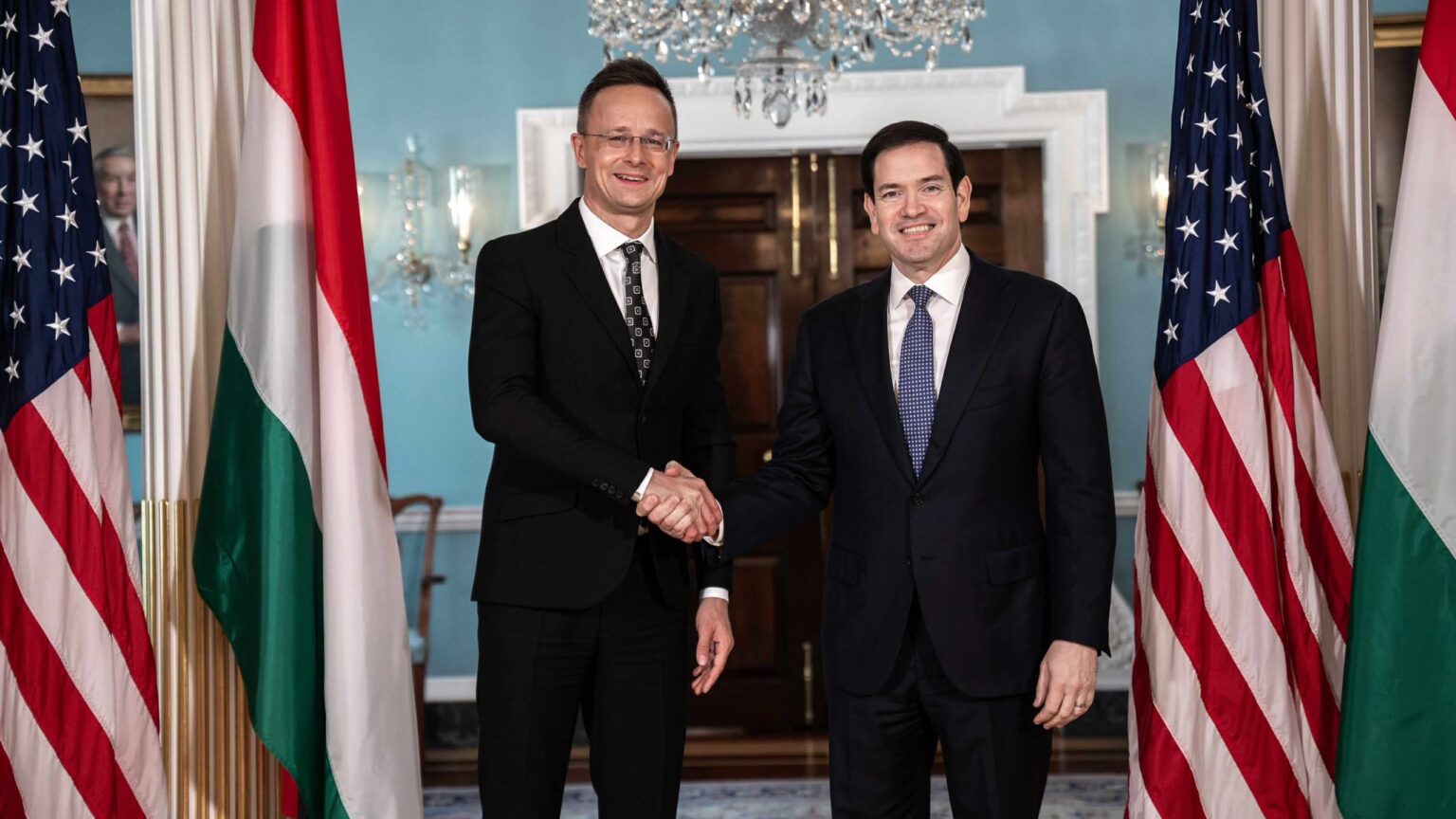
Hungarian Foreign Minister Péter Szijjártó met US Secretary of State Marco Rubio in Washington, DC, on Wednesday to discuss preparations for the planned Trump–Putin peace summit in Budapest. Despite reports of a cancellation, Szijjártó said the US ‘has not given up’ on the summit, stressing that the question is one of timing, not intention.

Concerto Budapest will hold its celebratory concert on 24 October at the Müpa in memory of the 1956 Revolution. Conducted by András Keller, the concert will feature Liszt’s symphonic poem, Dohnányi witty artwork, and Beethoven’s ‘Eroica’ symphony, with pianist Dénes Várjon.
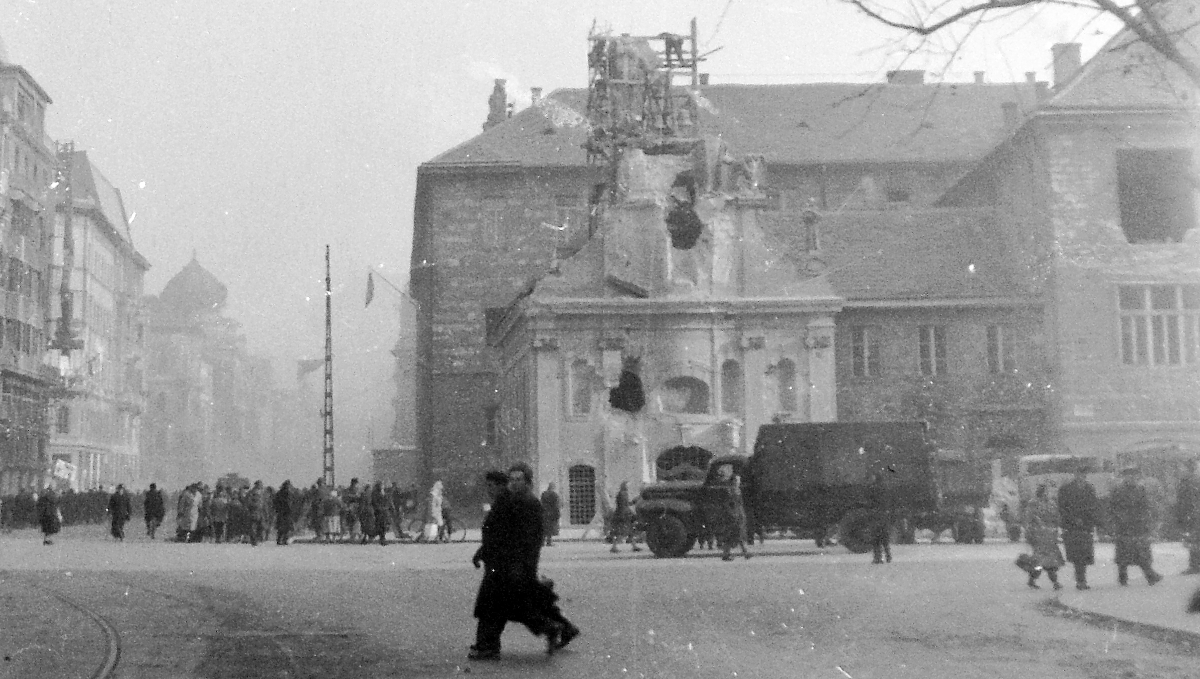
After nearly a decade of dictatorship, the spark ignited on 23 October, and the Hungarian revolutionaries demonstrated a courage that still makes us shiver almost 70 years later. They risked their lives and their careers for a narrow window of freedom—a feat that is difficult for a person in this age of egotism to comprehend.
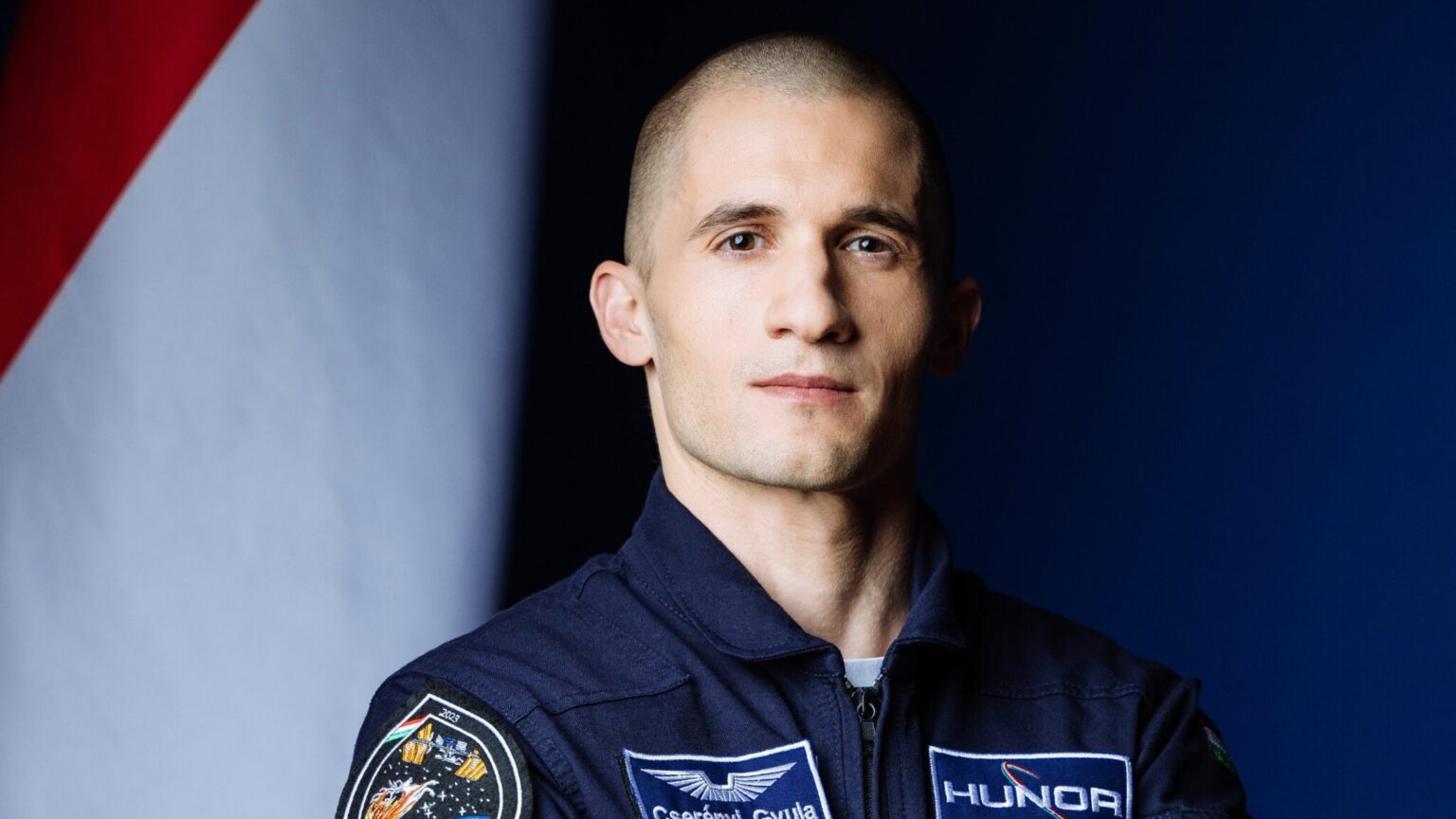
Hungary will send another astronaut, Gyula Cserényi, to the International Space Station, continuing its HUNOR programme with Axiom Space. The new mission will make Hungary one of just a dozen nations worldwide to have sent three astronauts to orbit, placing it alongside Australia and Saudi Arabia in the global space ranking.
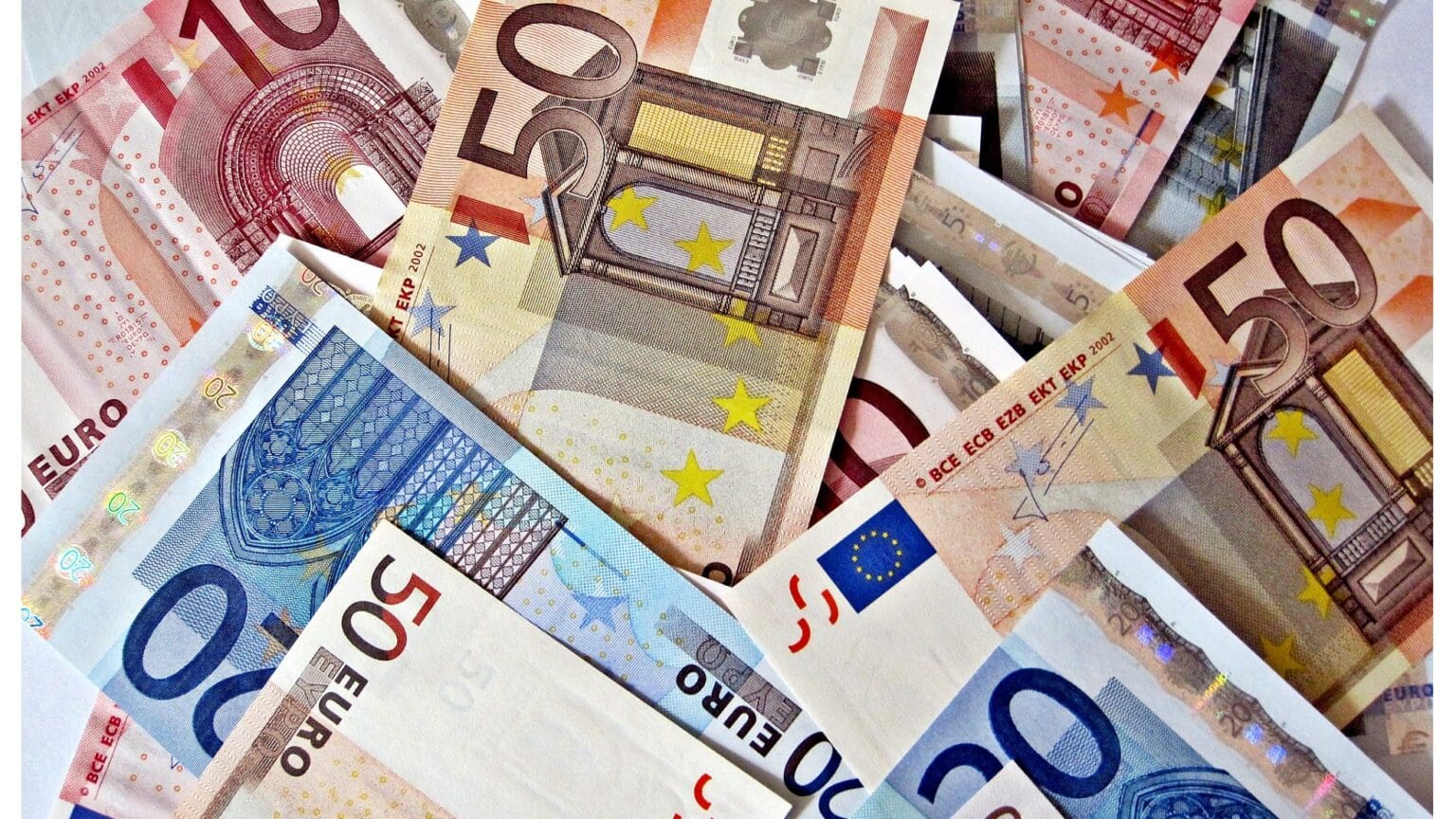
The European Court of Auditors found €6 billion of EU spending in 2024—nearly four times Hungary’s contribution—was wasted, misused, or potentially fraudulent. Frank Füredi of MCC Brussels warns Hungarian taxpayers are footing the bill for failed projects, disappearing subsidies, and unchecked financial mismanagement.
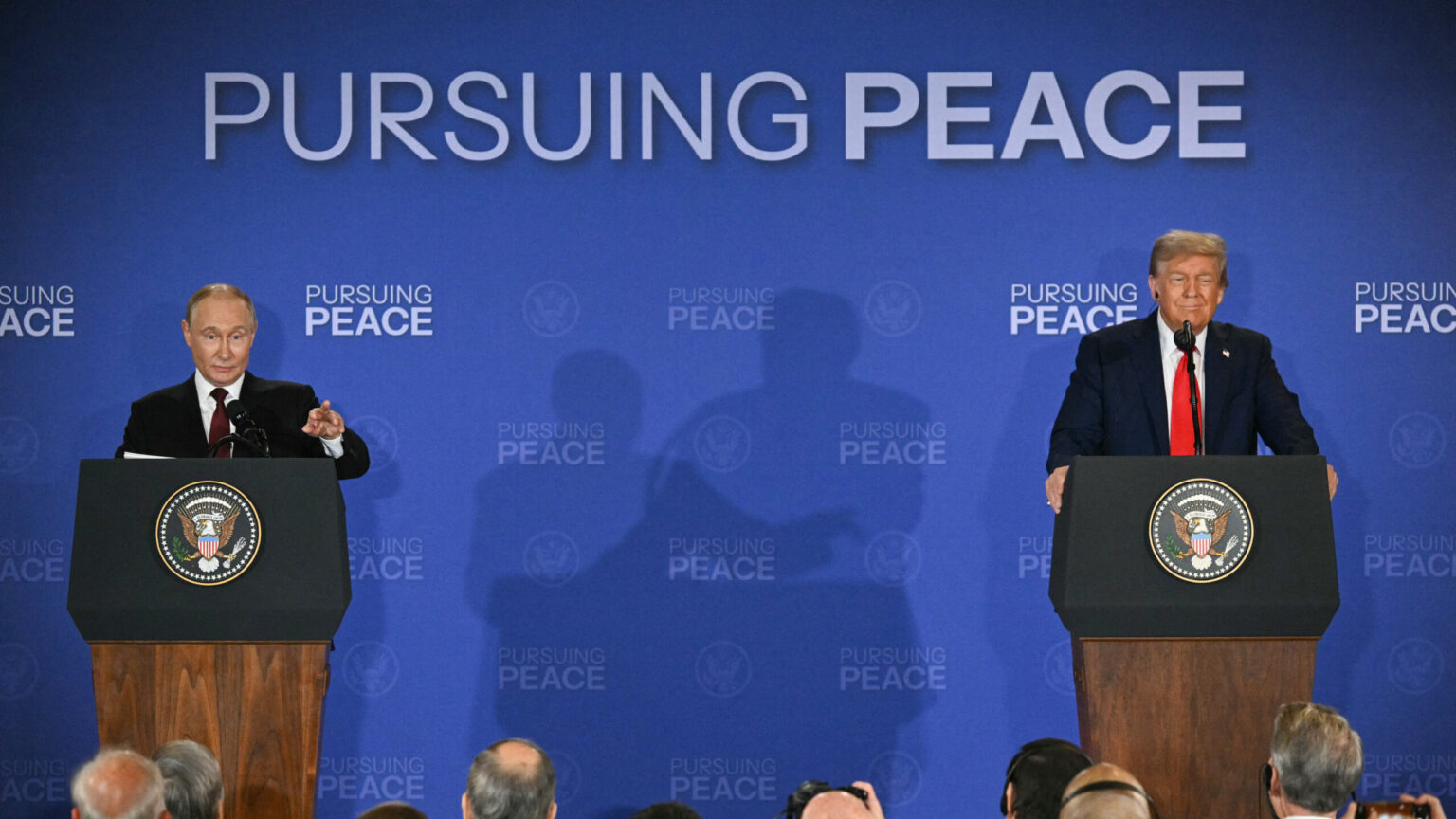
The planned Trump–Putin summit in Budapest has exposed how modern diplomacy is waged through information warfare. Leaks, denials, and anonymous sources have flooded the media, as Brussels and Kyiv intensify efforts to block the meeting—fearing that a deal might emerge outside their control.
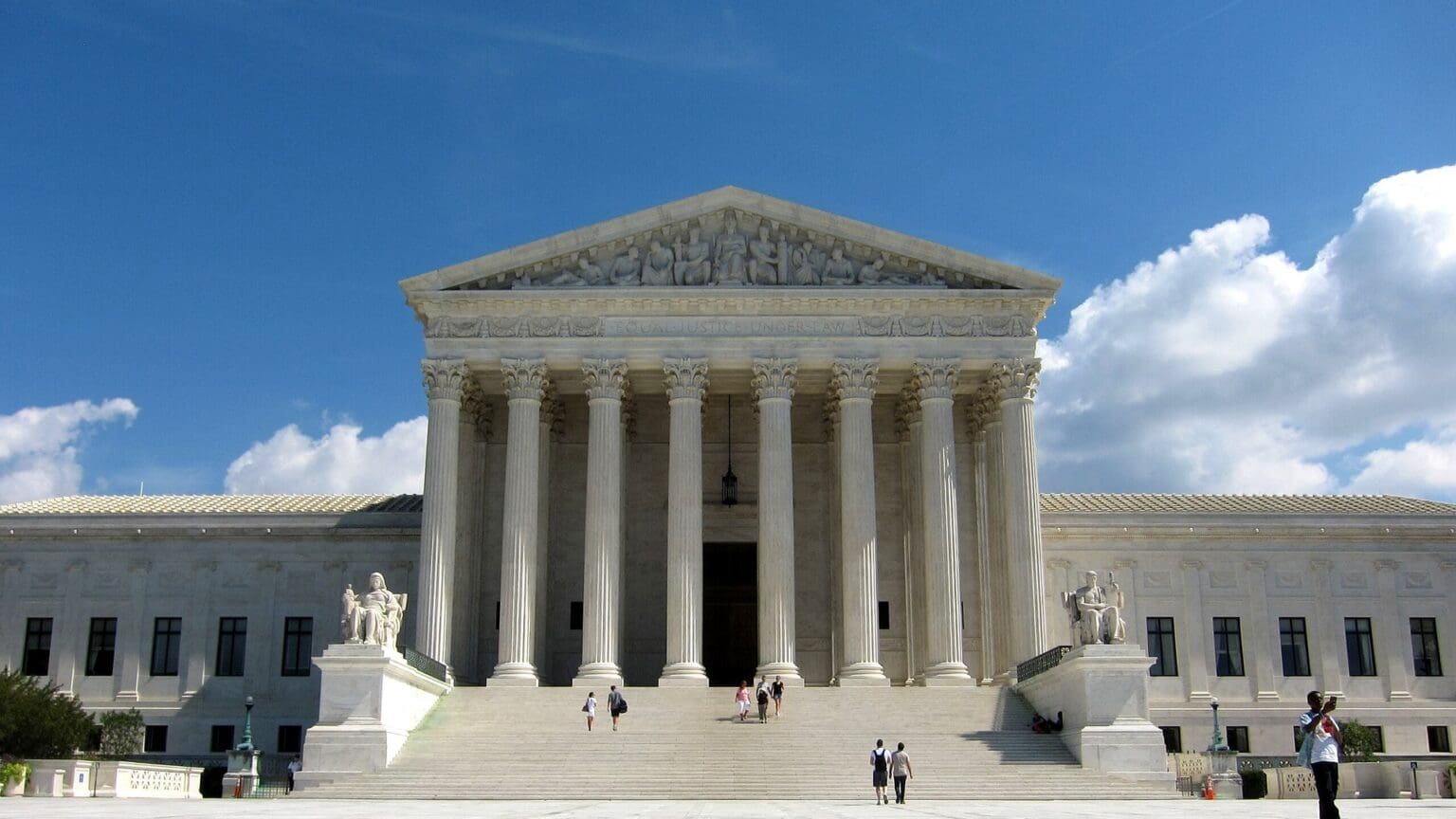
The US Supreme Court, currently holding a 6–3 conservative majority, might appear to favour President Trump. However, conservatives often support a strict, limited reading of the Constitution. Many analysts therefore expect the Court to strike down his tariffs as unconstitutional. In that case, the decision can (and should) be softened by a long stay to avoid a market crash.

Hungary will allocate an additional 2 billion forints this year to continue joint forestry and climate programmes, bringing total investment to 12 billion forints over five years. The funds aim to expand forest cover and enhance the country’s natural carbon sinks.
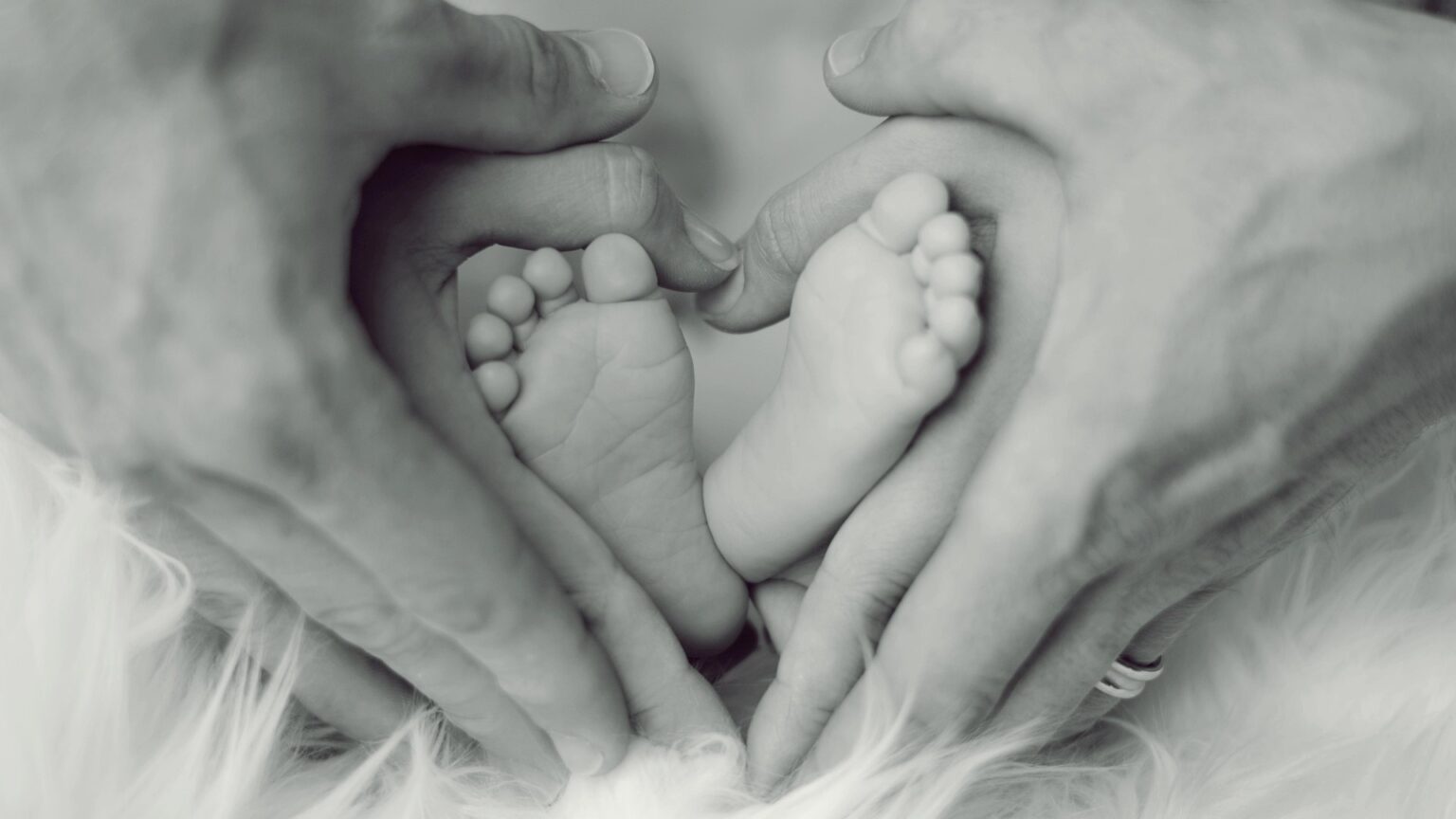
‘Taxpayers want European public funds to be used wisely. Supporting maternity and the family would be the most beneficial possible investment for Europe and its future.’

The Budapest Showcase Hub (BuSH) returns for its 10th edition from 29–31 October, bringing over 30 artists from 15 countries to venues across the city, including Turbina, Gödör, and Akvárium Klub, for three days of music and professional dialogue.
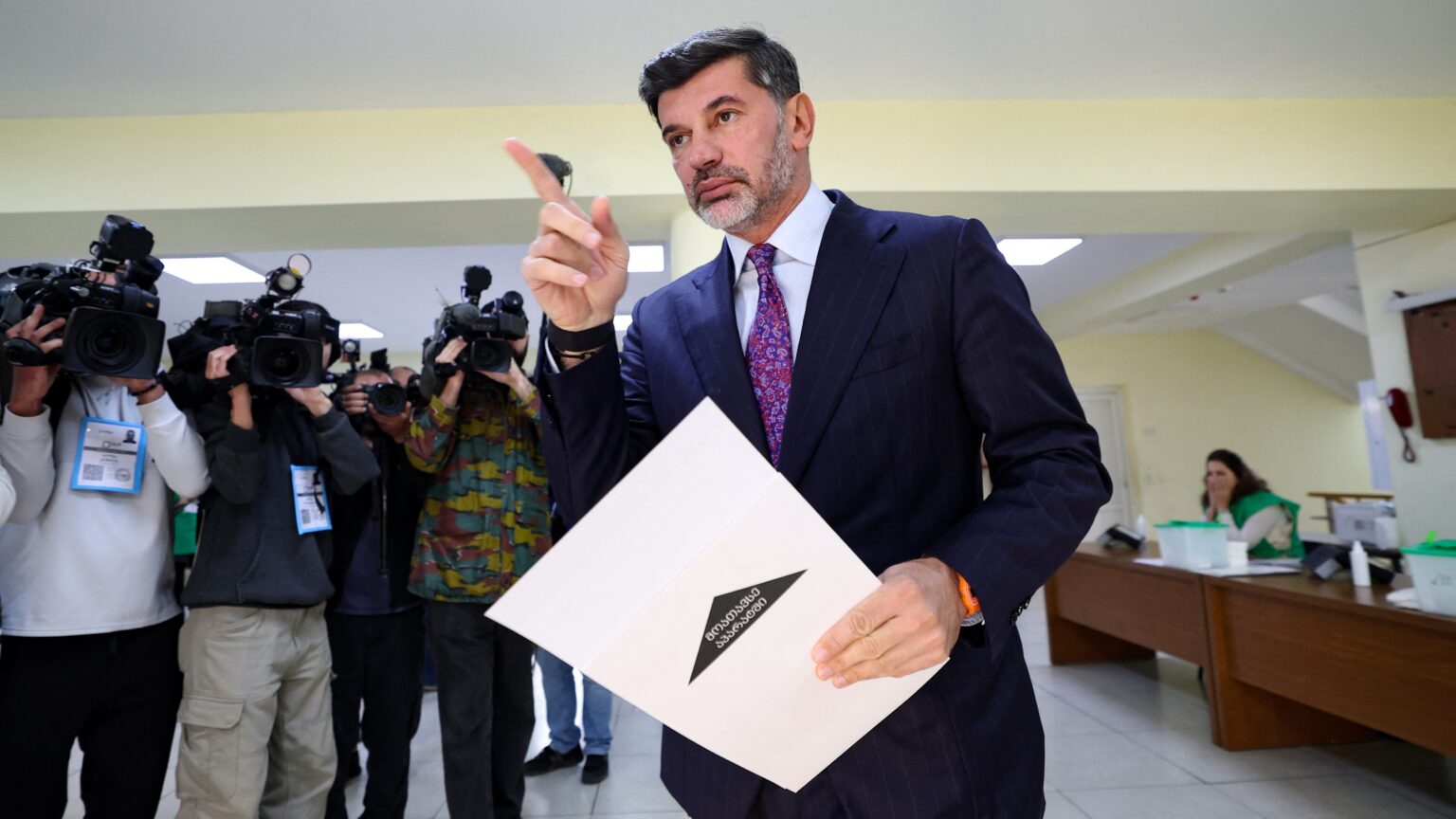
‘Székely suggests the presence of these “fake” obsersvers is evidence that Georgia is following “the example of countries such as Russia”.’

Artificial intelligence is already being incorporated into Hungary’s digital textbooks, with 58 AI-related lessons or exercises available this school year—a number that continues to grow, according to State Secretary for Public Education Zoltán Maruzsa.
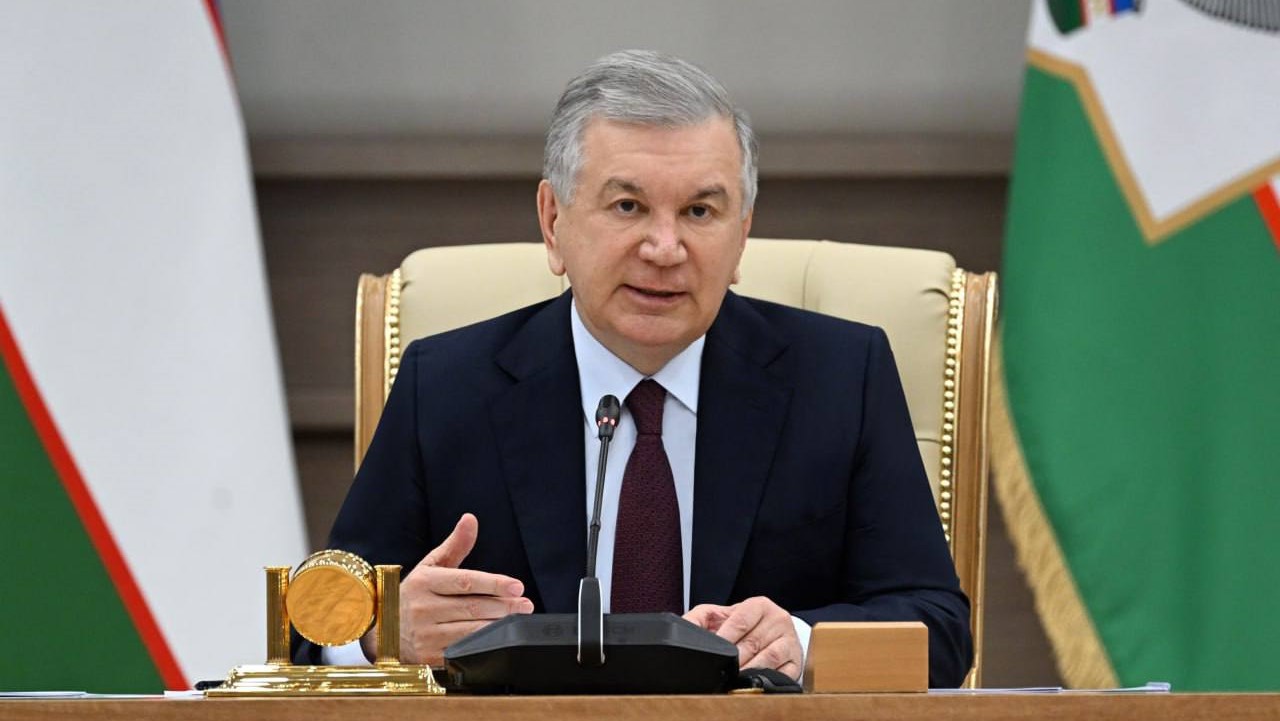
‘Large-scale projects are being implemented to develop digital infrastructure, introduce e-government, and digitalize education and healthcare systems.’

The MCC Leadership Academy’s ‘Sailing in Storm’ conference explored leadership in times of crisis, with speakers discussing resilience, adaptability, and the impact of the rising AI technology. The distinguished speakers included, among others, Balázs Orbán, Mark Khater, Gábor Csepregi, and Katalin Erdei.
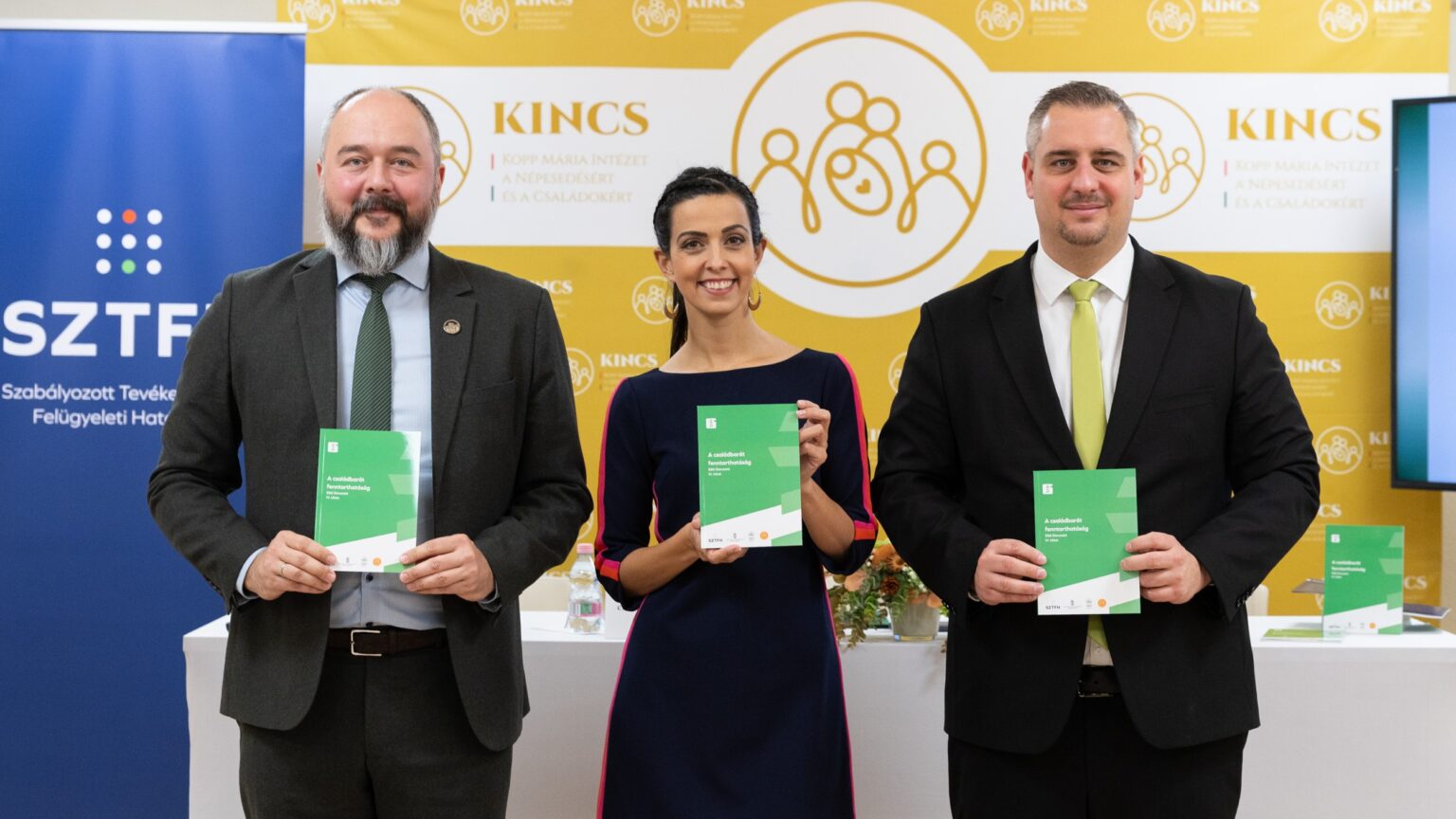
During a press conference on 21 October, KINCS presented their new publication, created together with the SZTFH, on the link between families and workplaces, and how the two should function hand-in-hand, with workplaces focusing on creating family-friendly environments for their workers.
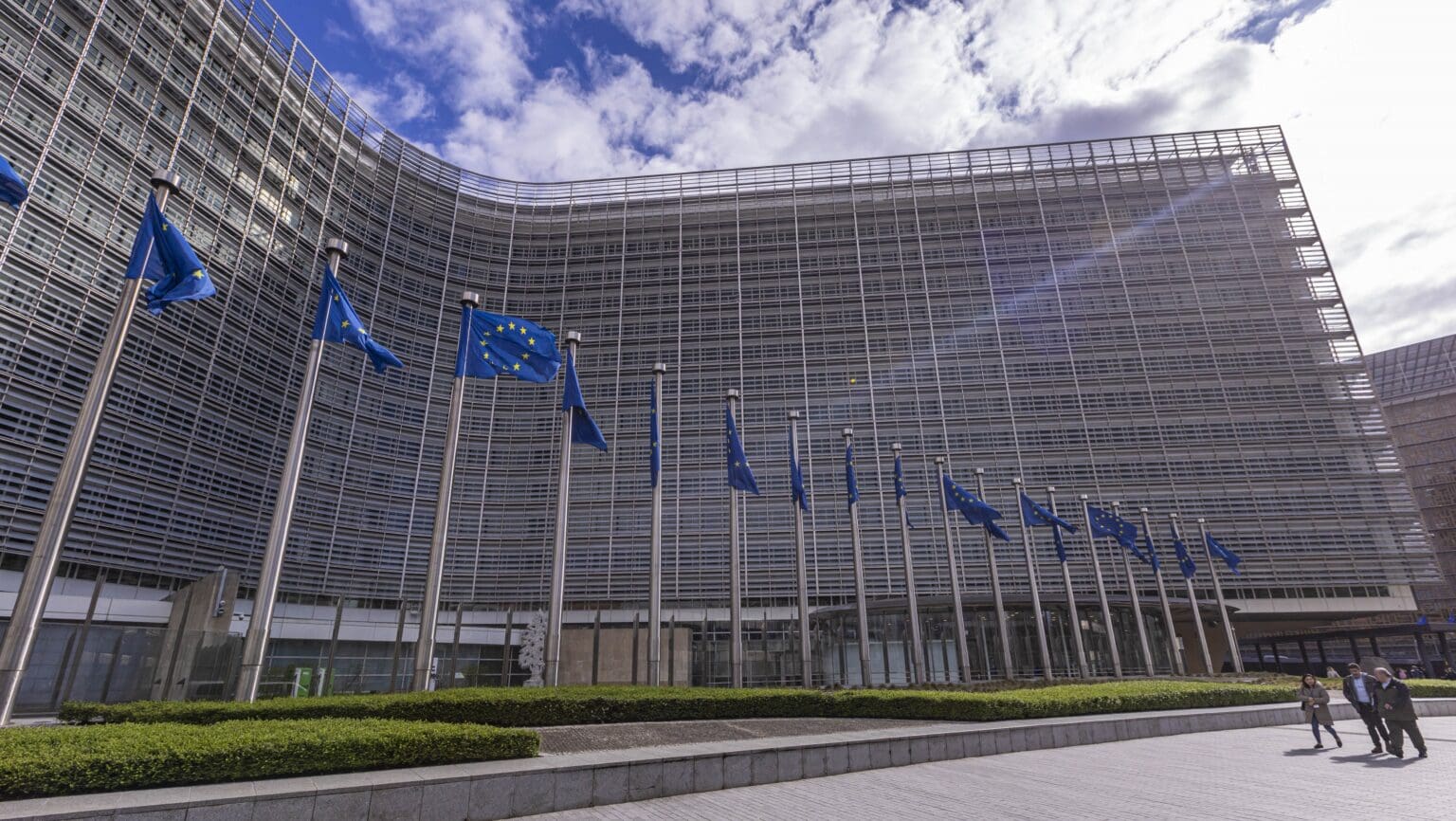
‘One major reason this story is suspect is because of how pointless such a spy ring would be. Getting gossip, including incredibly sensitive info on the internal workings of the Commission and other bodies, is extremely easy. Each week, my messaging apps are drowning in document leaks and the latest stories of who is sleeping with whom and which EP aide is buying drugs off the guy in Strasbourg.’
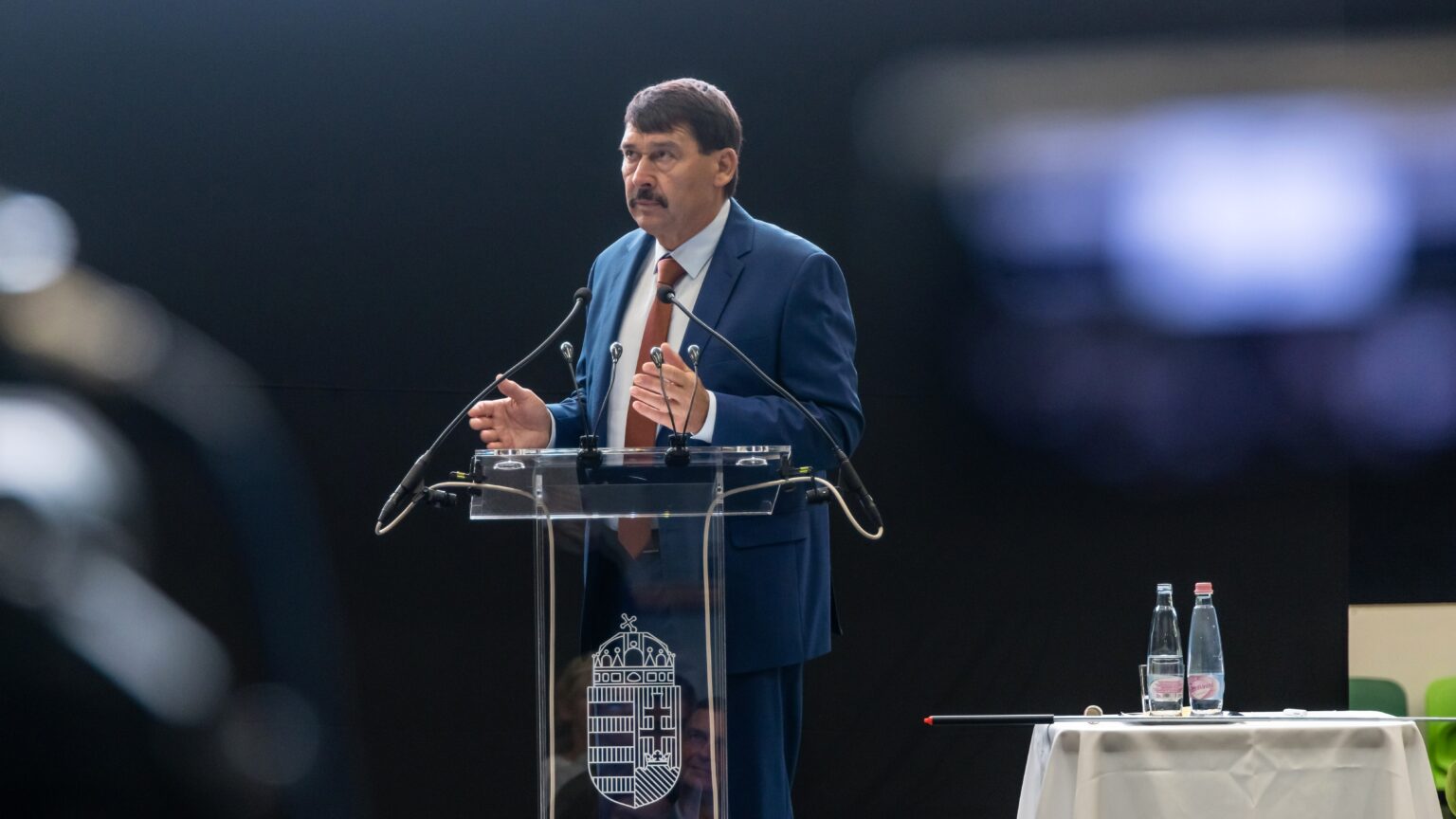
Hungary must urgently protect its water reserves and improve water retention to safeguard future drinking supplies, experts warned in János Áder’s Blue Planet podcast. Persistent droughts and falling groundwater levels are pushing the country toward a water crisis.
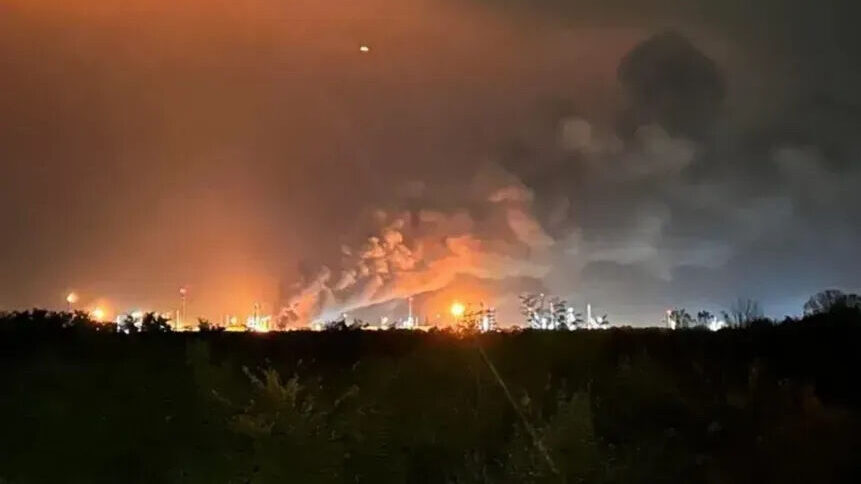
Two Russian-linked oil refineries—Lukoil’s Petrotel plant in Romania and MOL’s Százhalombatta facility in Hungary—were rocked by explosions on Monday, halting operations. Authorities have yet to identify an official cause, but the near-simultaneous incidents have fuelled speculation of Ukrainian sabotage amid Kyiv’s ongoing drone and pipeline attacks on Russian energy infrastructure.

Hungary’s leading agricultural organizations, NAK and Magosz, strongly oppose the EU’s proposed free trade deal with Ukraine, warning that it threatens Europe’s food production, drives down prices, and poses serious food safety risks.

‘Omri was freed from Hamas captivity along with 18 other living hostages on 13 October. Since then, Omri had been hospitalized at Ichilov Hospital, where he met his daughters for the first time since his return.’
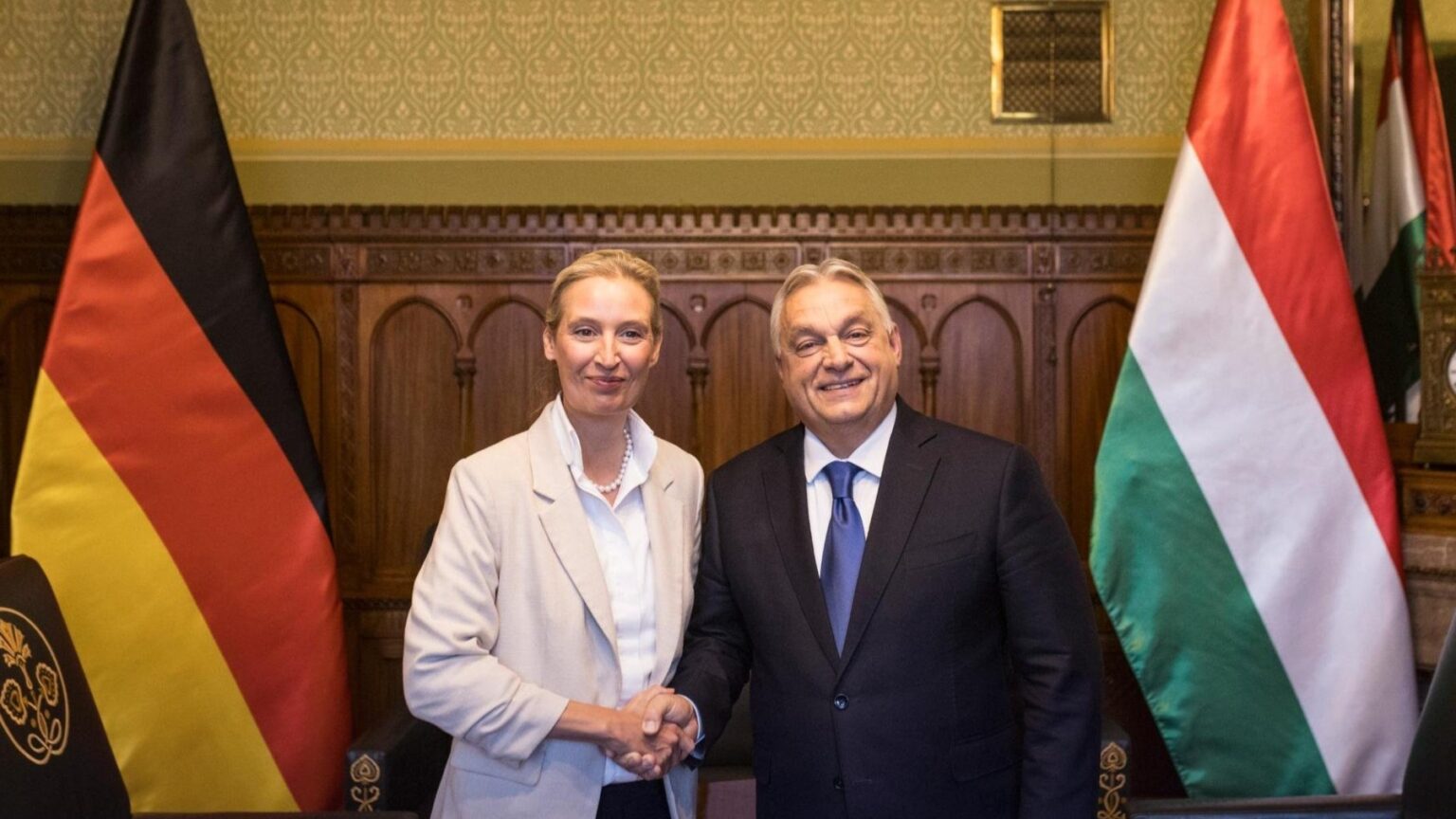
Hungarian Prime Minister Viktor Orbán hosted Alice Weidel, co-chair of Germany’s AfD, in Budapest on Monday. Weidel praised Hungary for hosting the upcoming Trump–Putin peace summit, calling Budapest ‘the best place in the world’ and commending Orbán’s leadership in promoting dialogue and stability in Europe.
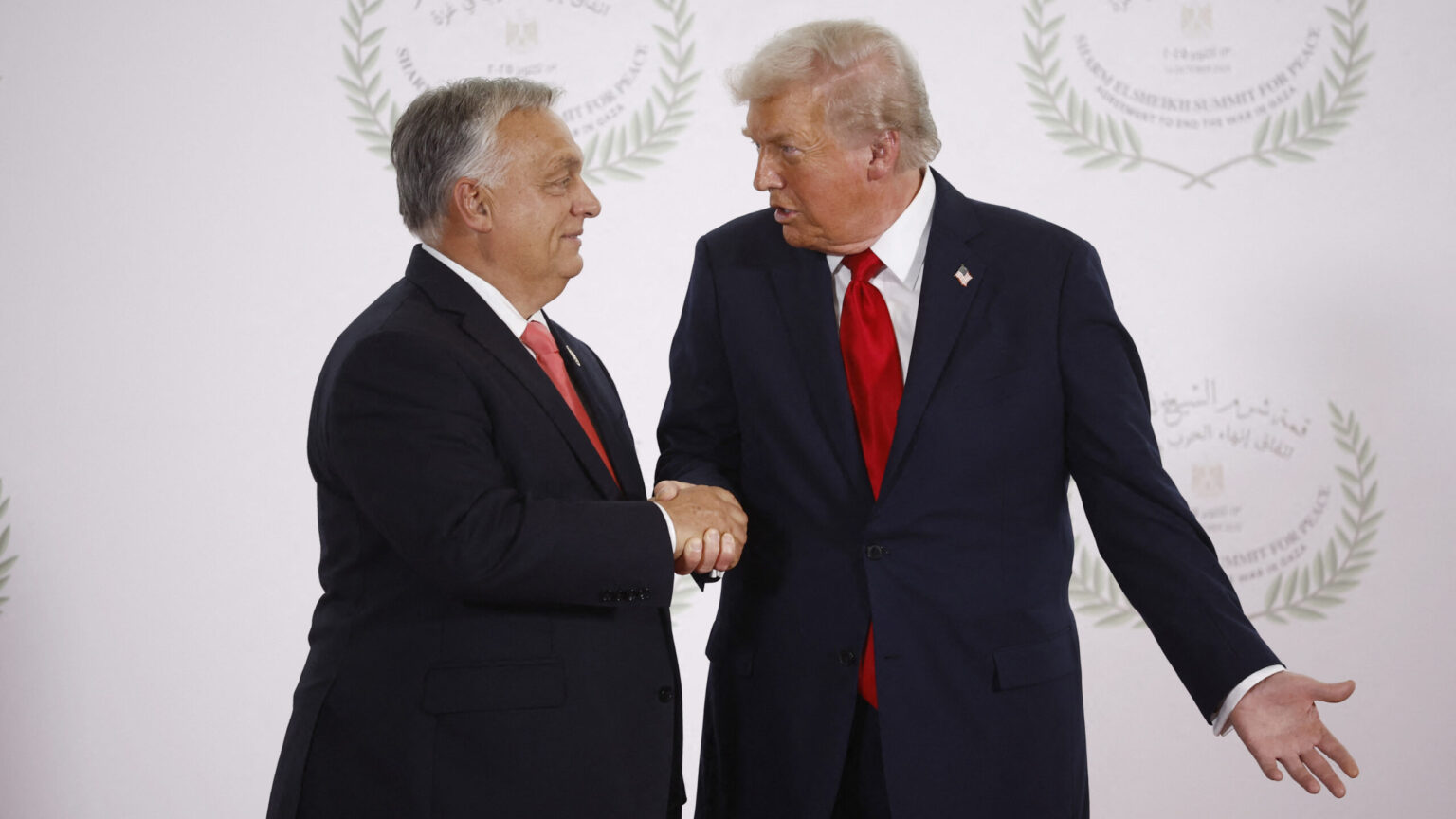
Miklós Szánthó of the Budapest-based Center for Fundamental Rights hailed the upcoming Budapest Peace Summit between US President Donald Trump and President Vladimir Putin of Russia as a chance to end the Ukraine war and showcase Hungary’s global relevance. He argued the event disproves claims of PM Orbán’s isolation and highlights the importance of defending Hungary’s sovereignty.
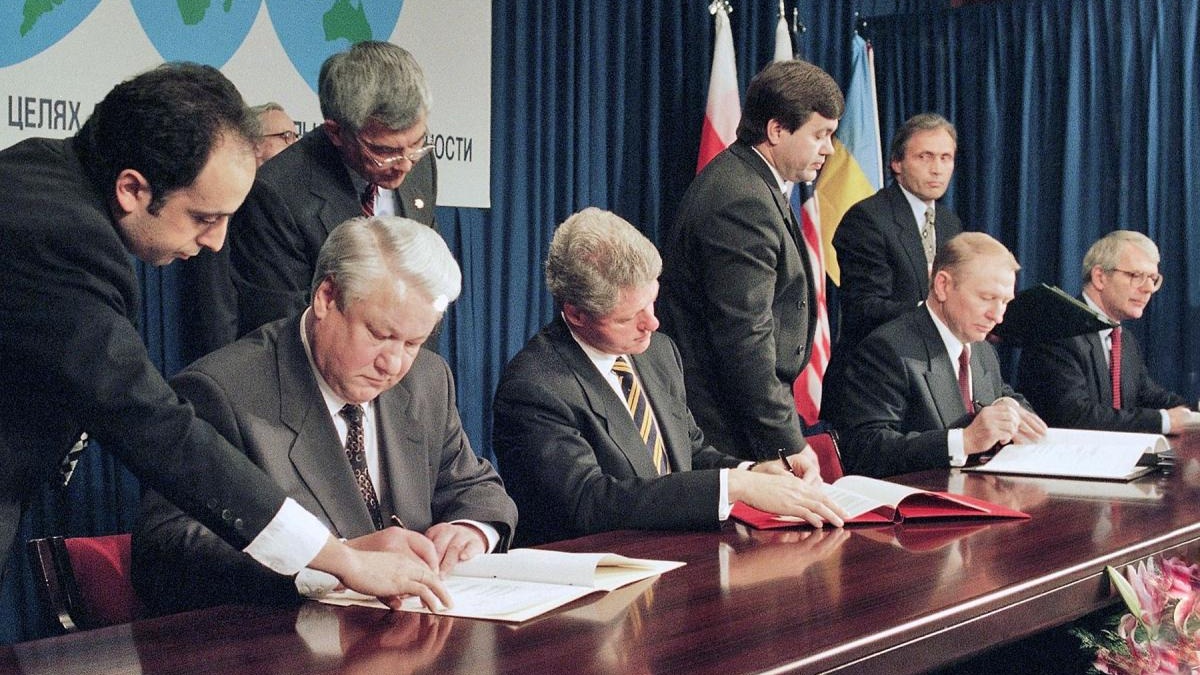
Only three out of the 45 Presidents of the United States have visited Hungary during their time in office, with two more coming to our country after they served. President Trump will soon become the fourth incumbent POTUS to come to Budapest, to have important peace talks with President Putin of Russia.

The National Ambulance Service will receive 101 new vehicles by the end of the year, further modernizing Hungary’s emergency fleet. Since 2010, 1,160 ambulances have been replaced, reducing the average vehicle age to under six years.